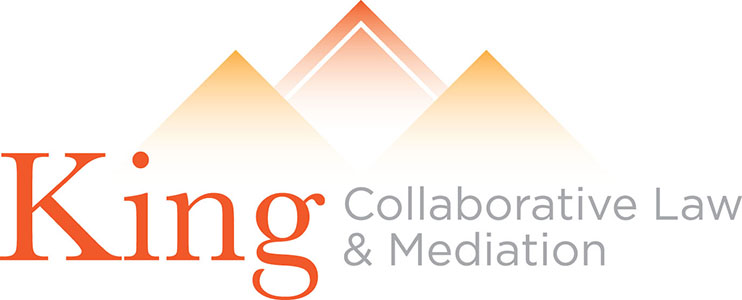The main difference between Mediation and Collaboration is the role of the professional(s). Mediation requires you and your spouse/partner to directly negotiate with each other. As the mediator, I act as an impartial facilitator to the negotiations. A “facilitator” in this context means a guide. Since I am an attorney, I may offer a general statement about California family law. But as a neutral, I never offer legal advice and never advance one party’s interests over the other party’s interests.
In Collaboration, there are attorneys for each party. There is no mediator. But, like mediation, the parties directly negotiate for their own interests. The attorneys act as guides in this process, but they are not impartial and may therefore give individual advice to their clients.
Both Mediation and Collaboration have – as their central core principles – that the parties are best served by negotiating with each other in good faith and staying out of court.
